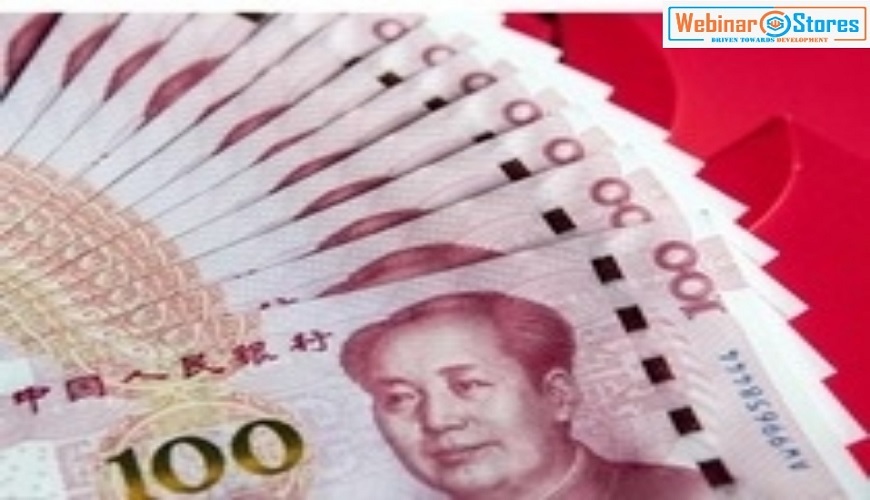
- 25 Oct
- 2020
China reconsiders global strategy for Yuan
China reconsiders global strategy for Yuan
China is reconsidering its strategy for the internationalization of yuan after completing a comprehensive review recently, according to a senior central bank official.
“As everybody knows in the past, the internationalization of the RMB sticks to the market principles,” Zhu Jun, director general of the People’s Bank of China’s international division, said at the Bund Summit in Shanghai on Saturday. “The role of the authorities was mainly focused on removing the policy obstacles for the free use of the currency. At this moment, we think there are some kinds of complications in the domestic and overseas situations.”
The yuan rallied to the strongest in more than two years earlier this week, aided by dollar weakness and China’s economic recovery from the virus pandemic. The prospects of a victory by Joe Biden over President Donald Trump in the upcoming U.S. election are also supporting the currency. Trump’s trade war with China last year sent the currency to its lowest since 2008.
Zhu said going forward the government can be more proactive with policy support to facilitate the role of the markets. For instance, the central bank can improve bilateral currency swap agreements to better promote trade and investments, and try to coordinate various means of yuan cross-border settlements and payments infrastructure.
The authorities will remove existing obstacles for the yuan’s internationalization, with a steady liberalization of the capital account and increasing the RMB exchange-rate flexibility as well as improving liquidity in the bond market, Zhu said.
While China over the years made some progress -- promoting offshore yuan trading, winning official reserve-currency status from the International Monetary Fund and introducing commodity contracts priced in yuan -- the renminbi is a small player on the global stage, with 2% market share.
And while a steady opening of China’s financial markets to overseas investors has lured inflows, foreign ownership of mainland stocks and bonds is relatively minor. China’s capital account, a term for the flow of funds across borders, currently remains subject to significant regulations on the transfer of the yuan.
Separately, central bank governor Yi Gang said on Saturday the reform of the yuan exchange-rate formation mechanism and the internationalization of the currency should be jointly promoted with the financial opening.
Note: - As every caution has been taken to provide our readers with most accurate information and honest analysis. Please check the pros and cons of the same before making any decision on the basis of the shared details











